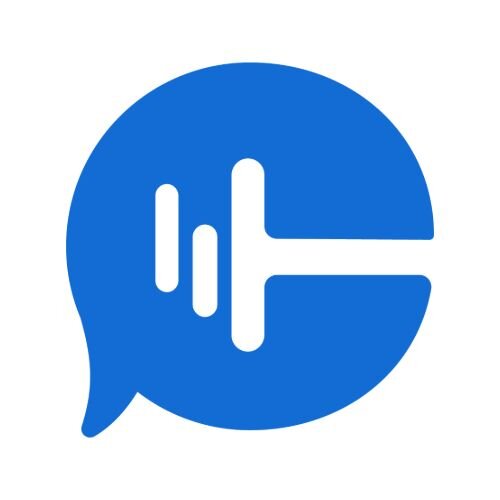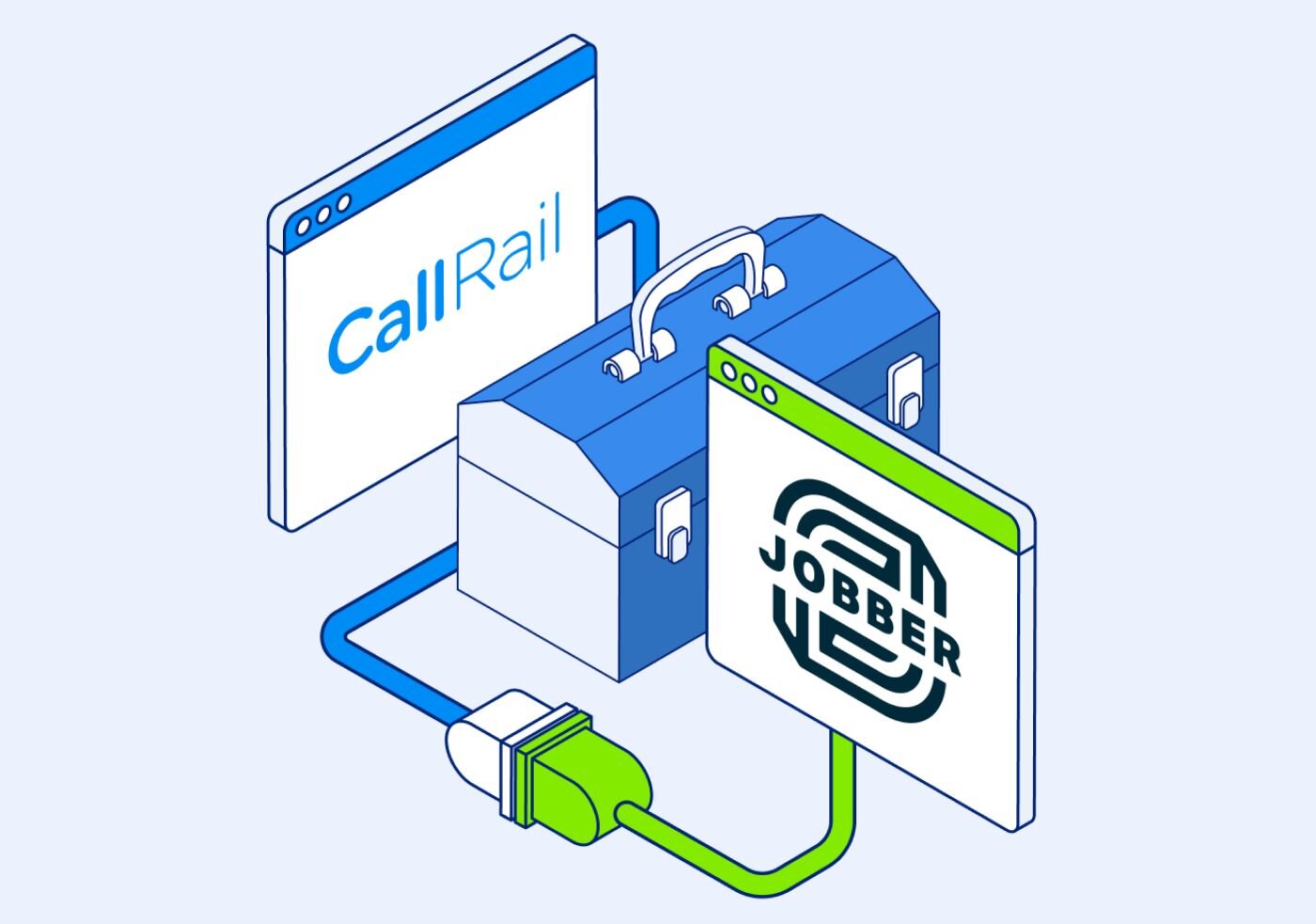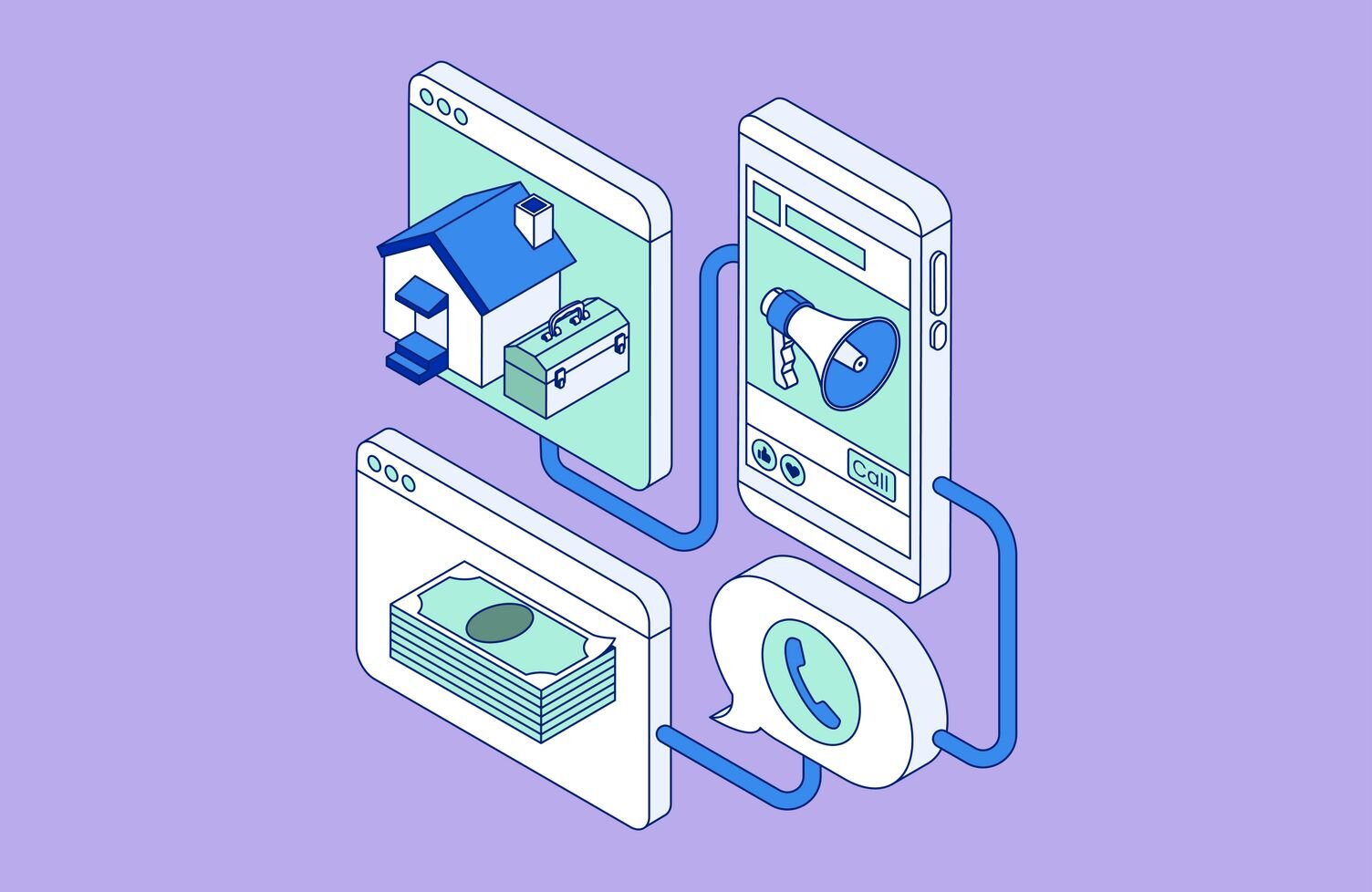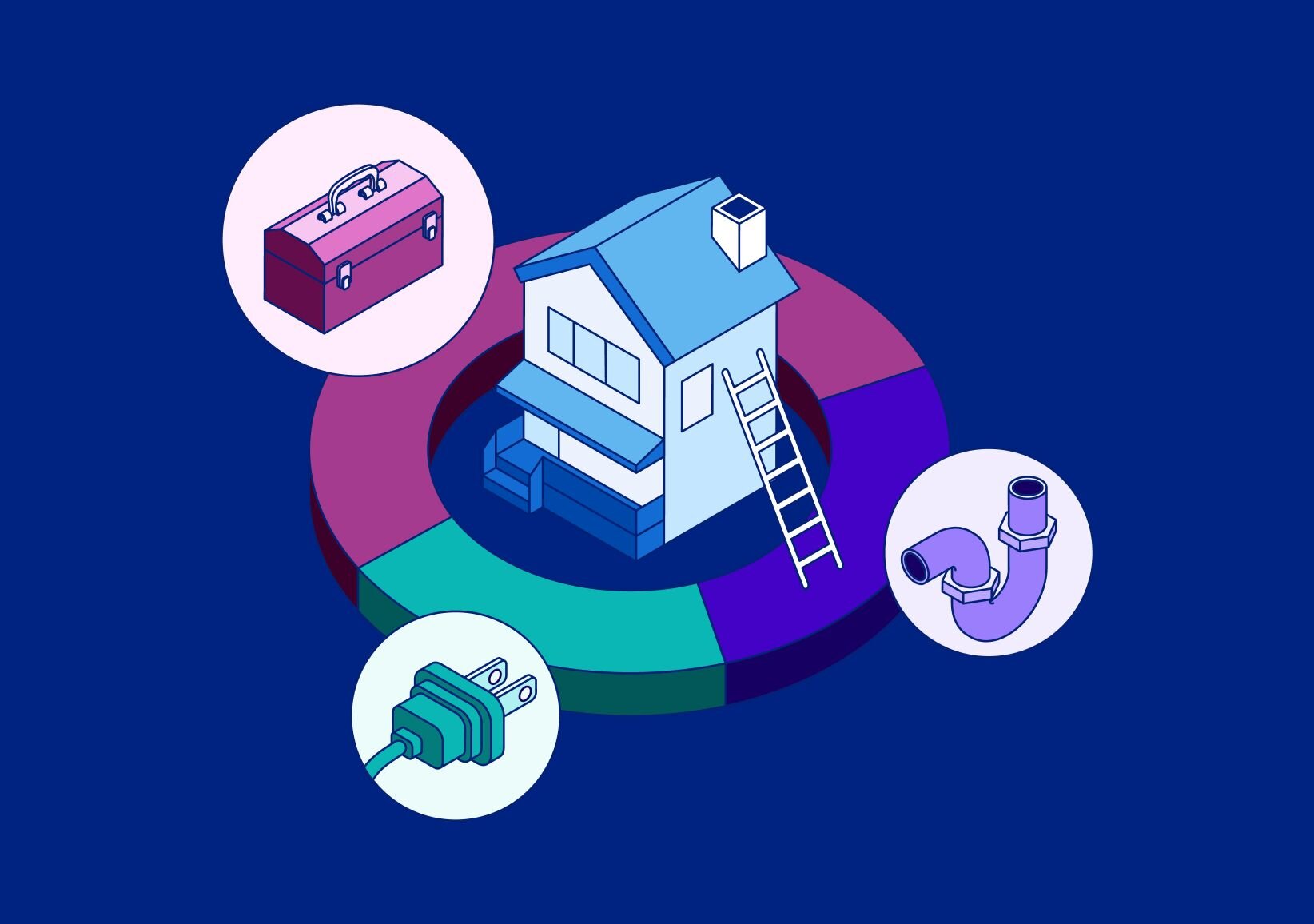If you work as part of a call center in a large corporation, or in customer service, you’ve probably heard the term “call management software” before. But in case you haven’t, call management is the term used to describe the processes and systems businesses use to handle incoming calls.
Not to be confused with call monitoring—the listening to and recording of calls for quality control purposes—call management is most successful when used in tandem with call-logging software.
The purpose of a call management system is to track incoming calls, gather useful information from them, and route those calls to the right place. It’s an especially vital part of appointment-based businesses that sell services people may not be able to buy outright in a store or online.
How does call management software work?
Call management software routes calls through your phone system using a series of predefined parameters and rules. Which rules the software uses will depend on which type of routing is being used to direct a given call.
Examples of different types of routing used by call management software include:
- Time-based routing. Calls are routed according to when they come in. For example, calls received outside business hours are directed to voicemail or support staff in a different time zone.
- Skills-based routing. Calls are directed to the staff member best suited to help the person calling. Calls about a particular product or service might be routed to the person on your team with the most expertise in that product or the highest close rate, or both.
- Round-robin routing. Calls are distributed equally among agents so everyone has the same number of leads.
Of course, these routing methods can be combined and are often used in tandem with one another.
Features like interactive voice menus and “hunt groups”—groups of agents specifically designated to take calls—are also commonly used in call management. Oftentimes calls are recorded to see how agents can improve their performance later on.
The call management process
Effective call management involves the routing, tracking, analysis, and processing of calls.
Tracking
To effectively track calls, a unique phone number is created for every aspect of your marketing campaign—digital ads, radio spots, and television commercials would all have unique numbers for people to call. Once people call in, the number they call from is logged and tallied against the rest of the sources to see which is most effective.
The system also logs each caller’s number, name, location, and more to categorize them according to demographic. The audio of the call will also be recorded for agents to listen to later—this can help them see where a call went wrong or right.
Some valuable insights you can gain from tracking your calls include:
- The effectiveness of your online marketing efforts
- Customer tracking information via dynamic number insertion
- Ways to improve your customer service by listening to recorded conversations
- The success of both offline and online campaigns
- Which keywords are driving the most calls
- Which marketing channel is bringing in the most people
- Real-time data reporting
- Outgoing call tracking
Processing and analysis
Since most companies—especially big corporations—get a high volume of calls, it isn’t feasible to have a staff member review them all manually and log the relevant data. Instead, call management software is used to compile the raw data like phone number and location from each caller.
Depending on how advanced the software is, calls can even be categorized according to whether an agent closed a sale. Calls can also be examined with voice-analysis tools automatically.
Later, that data can be used to paint a picture of your campaign. Which numbers people call from can tell you which of your marketing channels are most effective. Logging which calls convert leads to the next stage of your funnel can tell you which agents close most often. Location data can tell you the areas where interested customers live.
That information taken together is invaluable when determining how to target your campaign more effectively. It can also be used to compare performance against past campaigns and plan upcoming sales efforts.
Obviously, you shouldn’t rely on artificial intelligence (AI) to do all the heavy lifting for you. Your software can process the majority of the data and even offer insights on recorded calls—but ultimately a human should review the final product. For example, you could have each staff member review their highest- and lowest-ranked calls once they’ve been run through AI.
What can call management software do for your business?
Good call management software can benefit your business in other ways beyond insight into your marketing efforts and improved contact with your customers. It can have truly transformative effects, including:
- No lost/abandoned calls. Routing calls effectively and logging customer contact information means your customers can always reach the right agent. And if they somehow get disconnected, the agent can reach out to the person they were speaking with to continue the call.
- Better staffing levels. Call data can tell you when your staff is likely to experience a high volume of calls, and when things are slow. Taking that into account can help you make sure extra staff are there during peak hours.
- Improved employee performance. Call management software can show you how each member of your team is performing, so you can recognize those who excel and help those who need it.
- Better customer service. Routing customers to the right agents quickly cuts down on wait time. Plus the thorough record keeping you get from good software means that each agent can access that person’s history with your company to really dig in and help them with their issue. And those things add up to a great customer service experience.
- Keeping costs down. Small companies and startups are often forced to do more with less. Using good call management software can increase your efficiency and productivity so you can still meet your goals even with a small staff.
What to do before implementing your call management system
Once you’ve decided to invest in call management software, there are a few things you should do before rolling it out. Firstly, you should define specific goals for that system and how you’ll reach those goals. Map out a timeline for them.
If you’re not sure where to start, ask yourself why you’re investing in call management. Is it to improve customer service? Convert more leads? Once you know the “why,” work backward to create your goals.
Make sure everyone on your team knows why and how you’ll be using your call management software. Having everyone on the same page helps everything go more smoothly, and you can answer any questions your team might have up front.
Let your staff know that any performance monitoring you’ll use isn’t punitive. Outline exactly what they’ll be able to expect in terms of feedback and how that feedback will be delivered.
Consider designating a team to train your call center staff on the “why” of your call management program. Talk to industry colleagues and see how they’re implementing effective call management strategies as well.
What to look for in your call management software or vendor
Don’t just use the first vendor or software you come across. Be discerning, and choose the one that fits your needs most closely.
Your call management vendor should be attentive to your goals and willing to help you reach them. Look for a company that’s:
- Experienced. You want an organization that has been in the industry a while with a proven track record of success. Just because a company offers you the ability to record your calls doesn’t mean it can help analyze them—make sure that capability is included in the package.
- Reliable. Your call data is important, and you want to entrust it to a company that can handle it correctly. Look for a vendor that has the infrastructure to meet your needs quickly and efficiently. Make sure they have a good phone presence and route their calls effectively. Look into how they analyze calls—AI, human processing, or both? A reputable company won’t have a problem answering those questions.
- Excellent with customer service. Make sure your vendor has dedicated customer service reps who can maintain a good working relationship between you and their company, especially during the initial onboarding phase.
How CallRail can help
CallRail’s software is easy to use and can help you track everything from phone calls to website form submissions, all in one place. Innovative solutions like CallRail'Lead Center — unified business communication solution that centralizes all calls, text, live chats, and form submissions into a single inbox — let you step up your game by qualifying and managing leads in real-time. You can even take and route calls without using a phone.












